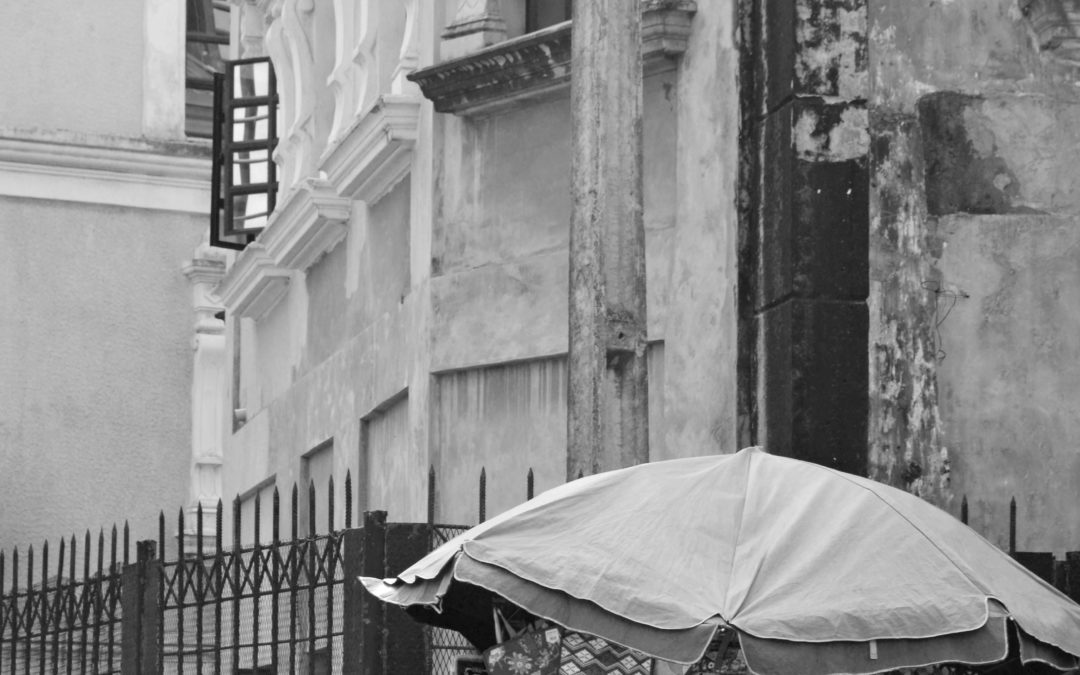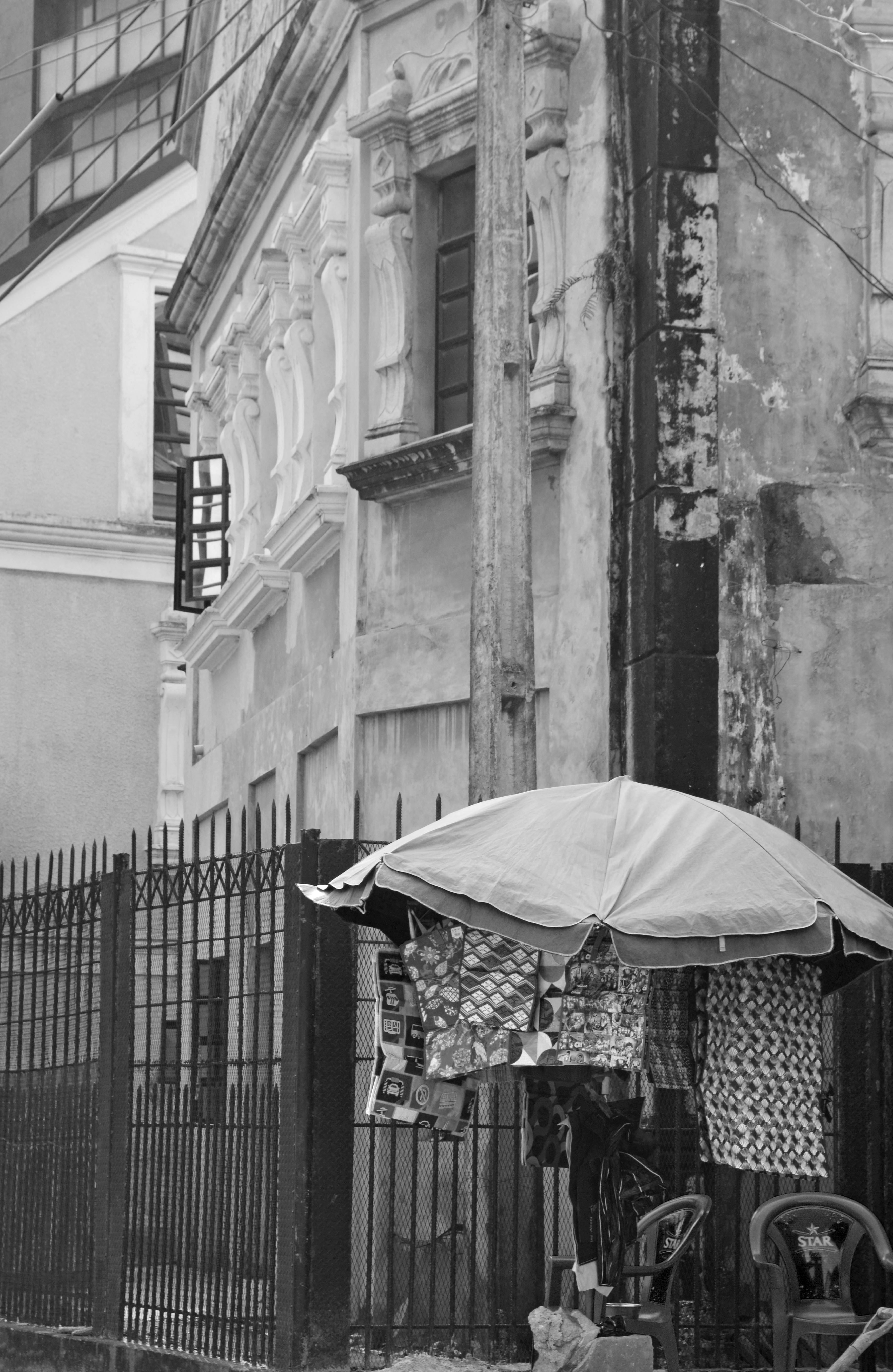
Esesua Ikpefan (Critical Conservation ’18) has been awarded a January Term Research Grant by the Center for African Studies to conduct field work research, archival research and interviews in Lagos, Nigeria that are essential for the development of her research into how the spatial dynamics of ethnicity and group identity in two neighborhoods in Lagos have been shaped by the actions of colonial, governmental, and major ethnic and religious powers in determining the city’s built environment.
Esesua is comparing two Lagos neighborhoods: the Brazilian Quarters, established by former slaves returning from Brazil and the locus of the Afro-Brazilian connection that is competing with other ethnic and religious groups to maintain their identity in this neighborhood that is under threat of demolition; and the Makoko-Iwaya Waterfront, a set of floating informal communities regarded as “slums” by the government and threatened with eviction and demolition. Her research seeks to untangle the frameworks that have had a hand in shaping the city’s built environment to privilege certain groups above others, creating social, economic, and urban inequality. She seeks to draw insights from the spatial dynamics of ethnicity and group identity as a means to begin to suggest ways in which the built environment of Nigeria’s cities can be improved to foster peaceful relations amongst its many groups.


